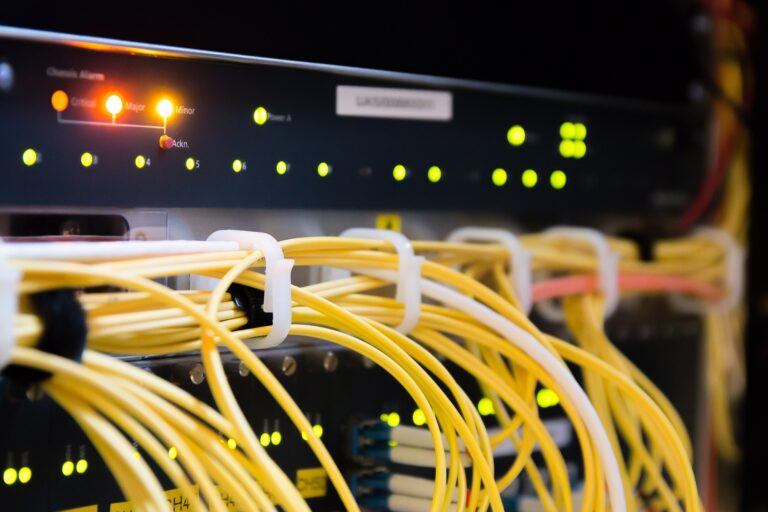Accenture, a Fortune 500 firm, has successfully linked four distributed ledger technology (DLT) platforms in communication with each other, doing so with two different methods, according to a press release.
The successes of these so-called “interoperability nodes”, which integrate the Digital Asset, R3 Corda, Hyperledger Fabric and Quorum platforms (not all of which are technically blockchain platforms), are only the beginning of the broad sweep of interoperability solutions bringing together all kinds different enterprise databases.
The nodes allow platforms with diverse business logics – standards, policies, guidelines – to maintain constant information synchronization with each other; to maintain an “active state”. Such new technologies may help satisfy enterprise needs of scale and collaboration, without sacrificing unique use cases and designs of respective protocols.
Although the importance of such advancements may seem arcane to the lay reader, they are “a game-changer that can help accelerate adoption of blockchain technology”, said David Treat, a managing director at Accenture. Treat claims that the new capabilities will “[mitigate] key concerns about picking the ‘wrong’ platform or having to re-build if one partner uses something different”
Big Moves Into DLT
Accenture’s success represents the continuing march of the traditional business world into DLT and blockchain utilization. Accenture is a very large firm, bringing in almost $40 billion in yearly revenues and employing nearly half a million people worldwide.
The company has so far filed two patents for technology developed for the interoperability nodes, and expects to file more as research continues.
Hyperledger is an open source platform hosted by the Linux Foundation, conceptualized as “an operating system for marketplaces, data-sharing networks, micro-currencies, and decentralized digital communities”. Quorum is an Ethereum-based proprietary network developed by the JPMorgan Chase bank.
CryptoGlobe reported this week that R3’s Corda, one of the DLTs integrated by Accenture, will itself be integrated with Samsung’s Nexledger blockchain, in an attempt to streamline shipping logistics processing at the port of Rotterdam, Europe’s largest port. The scheme will be tested in a pilot program starting next year.
It seems there is no telling where the interoperable chain will end.









